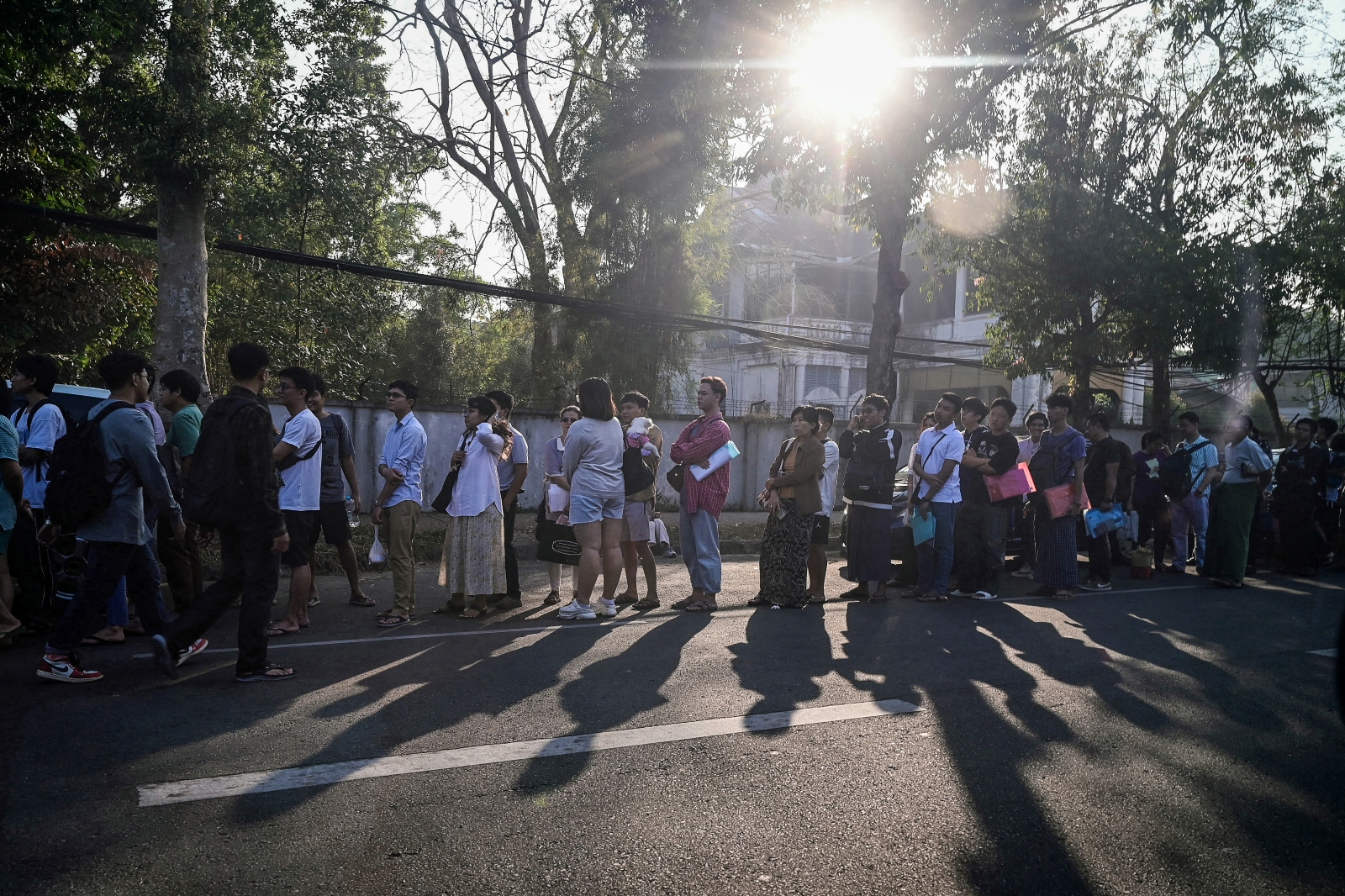NAY PYI TAW — Union Parliament on Monday demanded the government explain the poor work conditions at jade mines in the Kachin State where at least 114 people died on November 21 in a landslide of rubble.
“There are concerns among the people about the extreme work conditions at the jade mines in the Kachin State and we want to know what the government is doing about it,” said the letter, signed by both the Upper and Lower houses of Parliament.
On November 21, a landslide of tailings from jade mining operations at Hpakant in Kachin State killed at least 114 workers, and left others missing under the avalanche of rubble.
A similar accident occurred at the mine in April, claiming at least 30 dead. The Hpakant area is Myanmar’s main source of jade, which attracts thousands of legal and itinerant workers to the district each year, but the government has done nothing to improve safety conditions there.
“It is regrettable and disagreeable to the country, so the government should come to the Hluttaw (Parliament) to explain the situation,” said U Win Than, a Member of Parliament for the Union Solidarity and Development Party, representing Tharbaung township.
Support more independent journalism like this. Sign up to be a Frontier member.
U Win Than, whose USDP leads the current government, was the MP who proposed the letter demanding an explanation from the government.
Labour and human rights abuses are rife in the jade mines of the Kachin State, which are dominated by investments by the military establishment that ruled Myanmar for decades and crony businessmen with close ties to the military.
In 2003 the United States slapped a ban on jade and jade-based jewelry imports from Myanmar as part of the government’s sweeping economic sanctions on the once-pariah regime. Many of the sanctions were lifted in 2012, after political reforms were implemented by President U Thein Sein, but the ban on jade continues today.
In October, the London-based watchdog group Global Witness published a report on Myanmar’s jade trade that estimated the value of the illicit trade in jade during 2014 at US$31 billion, or nearly half of Myanmar’s GDP.
Global Witness said the jade trade may be the world’s “biggest natural resources heist”. The watchdog said the sector was “secretly controlled by networks of military elites, drug lords and crony companies associated with the darkest days of junta rule.”






